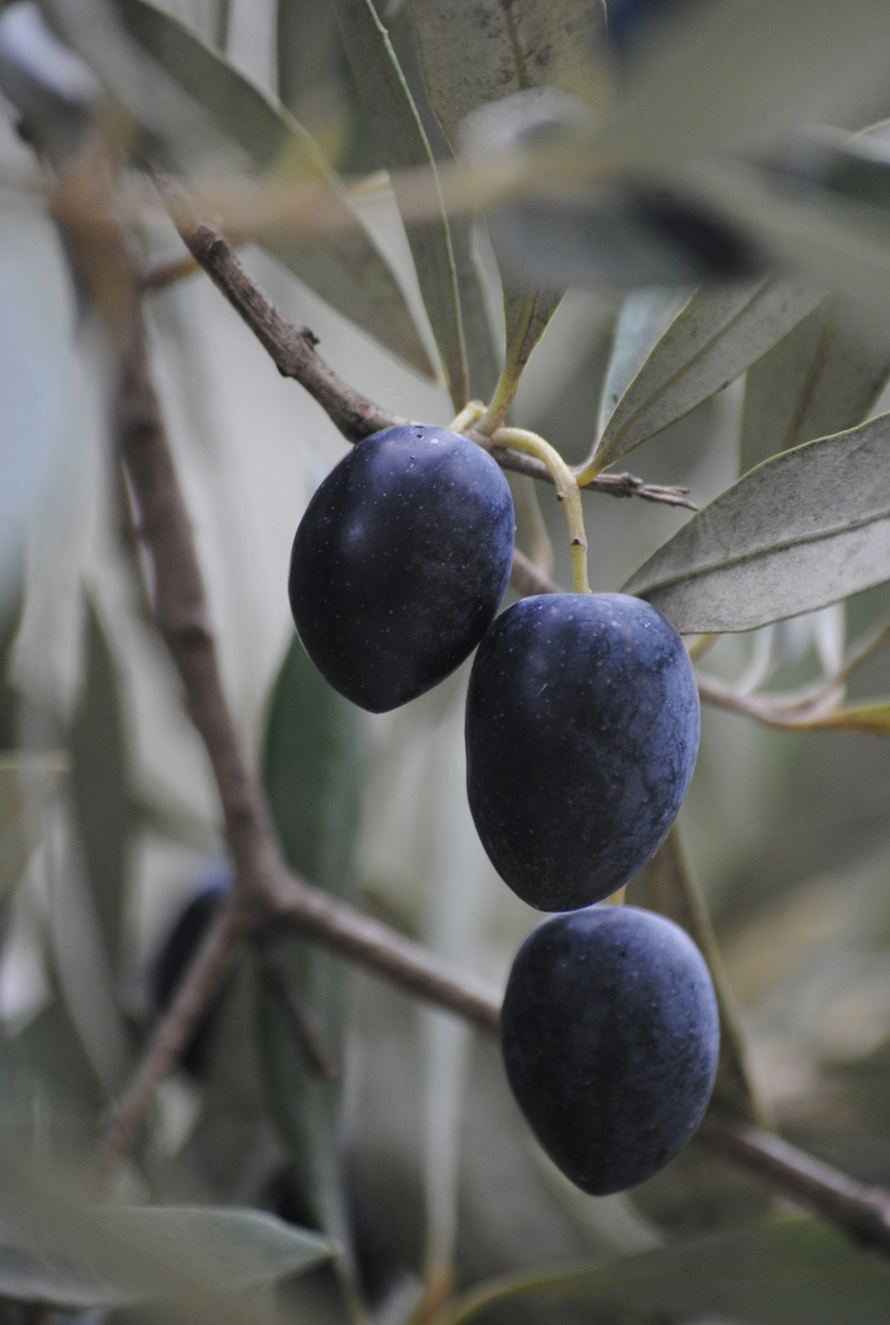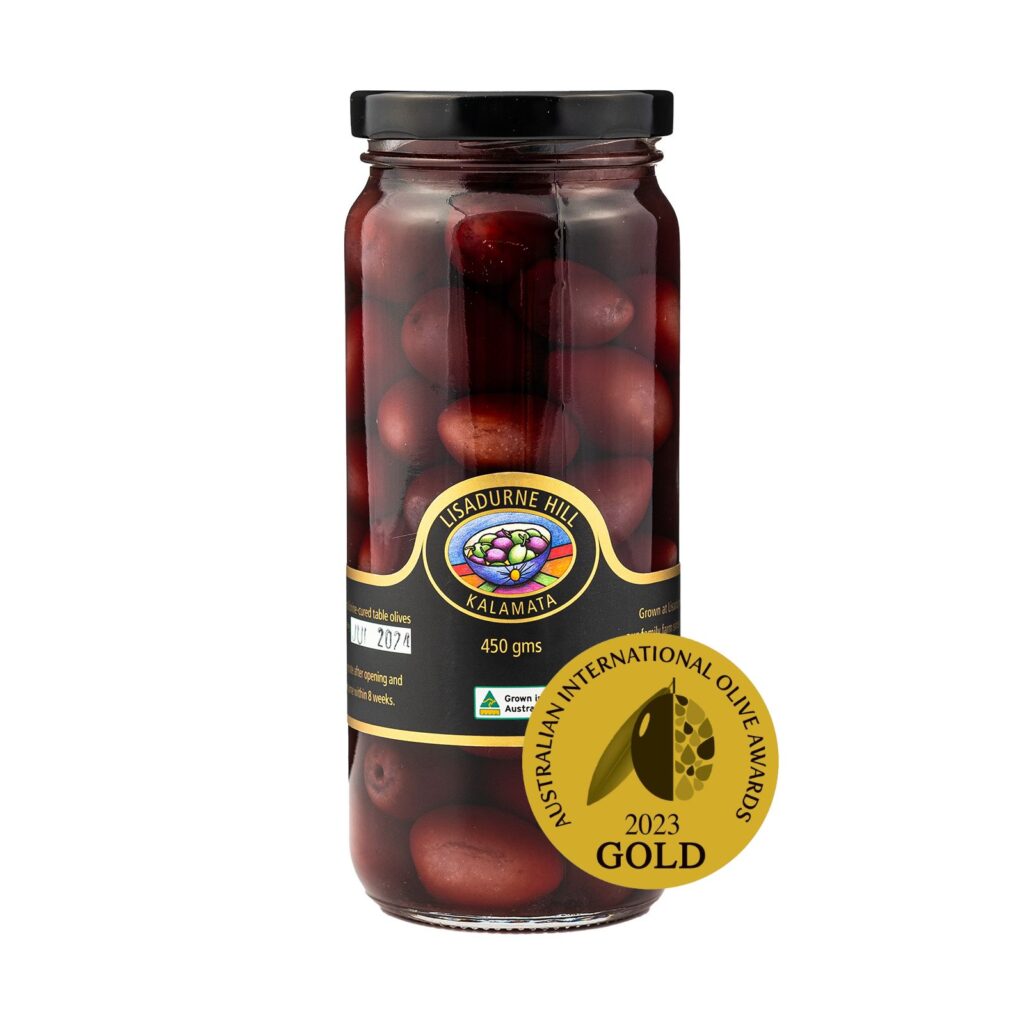You may not know this about olives.
Most people think of olives as just a great little tasty snack. But hidden inside is one of the most powerful natural compounds for protecting your health; hydroxytyrosol. And it’s found in every olive, no matter the type.
What’s Really inside an olive?

According to a review published in the Journal of Nutritional Science (Cambridge University Press, 2020), table olives provide much more than taste, keeping in mind that direct evidence in human-studies is still developing. This means the benefits look promising, but science is still catching up to fully explain how olives contribute to long-term health.
They contain:
- Monounsaturated fats (MUFAs): Especially oleic acid, which is linked to supporting cardiovascular health.
- Vitamin E: A strong antioxidant that helps protect cells from oxidative stress.
- Phenolic compounds: Most notably hydroxytyrosol (HT), a bioactive compound with anti-inflammatory and antioxidant properties.
Together, these nutrients create a unique profile that goes well beyond their salty, moreish flavour.
Hydroxytyrosol: The Standout Compound
Hydroxytyrosol is present across all types of table olives; green, black, or stuffed. It has attracted attention for its ability to reduce oxidative stress, a process tied to ageing & many long-term health issues.
Hydroxytyrosol also shows anti-inflammatory activity, which may help protect the body from chronic disease over time.
Olive oil has been studied extensively, but table olives themselves have received less focus. The review notes, that although only a limited number of human and animal studies exist, the results so far suggest that olives can deliver many of the same protective effects linked to olive oil.
Why That Matters
Oxidative stress & low-grade inflammation are common factors in heart disease, metabolic disorders & cognitive decline. By supplying antioxidants & healthy fats, olives may help counter some of these processes.
Vitamin E plays a role in neutralising free radicals, while monounsaturated fats are associated with healthier blood lipid levels.
In other words, something as simple as adding a few olives to your day may support overall health in subtle but meaningful ways.









